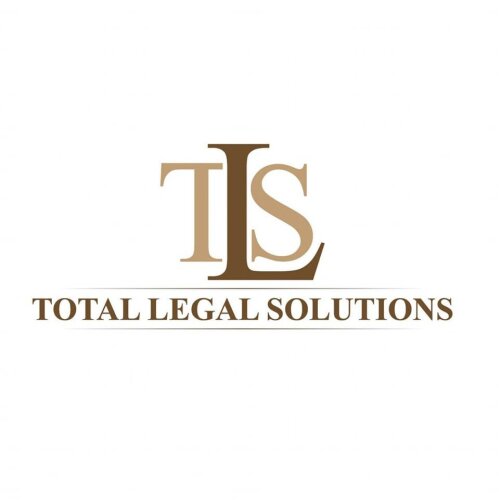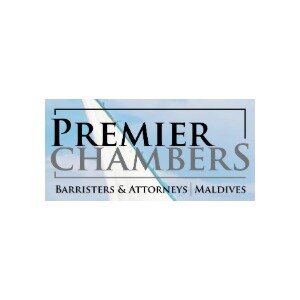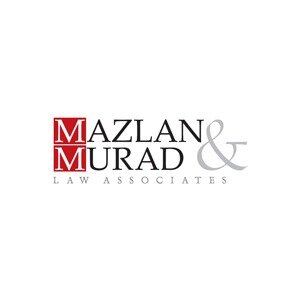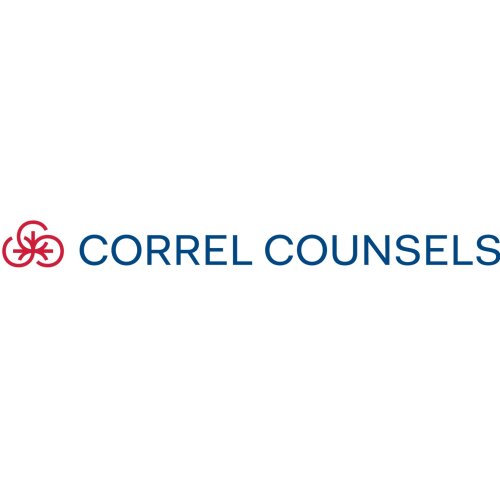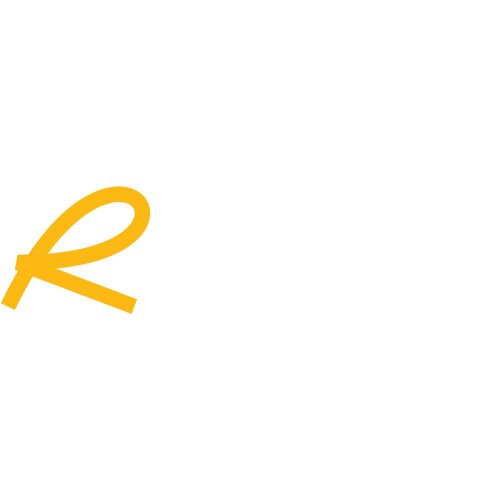Best Water Law Lawyers in Malé
Share your needs with us, get contacted by law firms.
Free. Takes 2 min.
List of the best lawyers in Malé, Maldives
About Water Law in Malé, Maldives
Water Law in Malé, Maldives governs the rights, usage, management, and protection of water resources within the city and its surrounding islands. As the capital and an atoll city with limited freshwater availability, Malé places significant emphasis on water resources management, including groundwater extraction, rainwater harvesting, desalination, drainage, and sewage. Water Law aims to balance the needs of public health, development, environmental protection, and sustainable use, guided by national legislation, city regulations, and international commitments such as the Sustainable Development Goals.
Why You May Need a Lawyer
Seeking advice from a Water Law lawyer in Malé may be essential in situations where water rights, obligations, or disputes arise. Common scenarios include:
- Seeking permissions for large-scale water extraction or desalination
- Disputes regarding property rights and water access, especially on reclaimed or private land
- Addressing environmental compliance for hotels, guesthouses, or businesses using or discharging water
- Negotiating contracts for water supply, wastewater disposal, or infrastructure projects
- Responding to regulatory enforcement by local authorities or the Environmental Protection Agency (EPA)
- Assisting with public health matters related to water contamination or shortages
- Understanding and protecting rights related to community or traditional uses of water
Local Laws Overview
The Maldives’ water legal framework is shaped by national statutes and policies, with specific rules applicable in Malé. Notable laws and regulations include:
- Water and Sewerage Act 1996 (Act No. 8/96): Governs provision of water supply and sewerage services, responsibilities of service providers, and customer rights.
- Environmental Protection and Preservation Act 1993 (Act No. 4/93): Applies to the conservation, management, and pollution control of all water resources.
- Regulations for Well Water Extraction and Desalination: Mandate permits for groundwater extraction or installation of water desalination plants, with oversight on quantity and environmental impact.
- Building Code Requirements: Specify drainage, rainwater harvesting, waste discharge, and greywater management for all properties in Malé.
- City Council Policies: Malé City Council may issue further rules regarding public water points, water trucking, emergency supply, and community water programs.
Enforcement and oversight are primarily undertaken by the Maldives Environmental Protection Agency (EPA), Ministry of Environment, Climate Change and Technology, and the Malé City Council. Fines or administrative measures may arise for illegal extraction, contamination, or breach of permit conditions.
Frequently Asked Questions
What permits are required to drill a well or extract groundwater in Malé?
You must apply for a permit from the Environmental Protection Agency (EPA) before drilling a well or extracting groundwater. The process includes an assessment of environmental impact and water resource sustainability.
Is it legal to operate a private desalination plant in Malé?
Yes, but it requires prior approval from the authorities. The seawater desalination plant must comply with specific environmental and technical standards and obtain a license from the EPA.
How is water pollution regulated in Malé?
The Environmental Protection and Preservation Act and associated regulations prohibit the discharge of pollutants into groundwater, stormwater drains, or the sea. Violations may result in fines, cleanup orders, or business closures.
Can a business lose its water connection due to non-compliance?
Yes, water service providers or regulatory authorities may suspend or terminate connections if there are breaches of water use or sewerage standards.
Are residents allowed to harvest and use rainwater?
Yes, rainwater harvesting is encouraged and often required for new buildings, but storage and usage systems must comply with public health and safety guidelines.
What can I do if my neighbor contaminates my water supply?
You can file a complaint with the Malé City Council or the EPA. Legal remedies may include orders for restoration, compensation, or cessation of harmful activities.
How are water shortages managed in Malé?
Malé City Council coordinates emergency water supply, including water distribution via tankers. During shortages, water use may be restricted, and priority is given to communal or critical uses.
What are my rights if the municipal water supply is interrupted?
Consumers have the right to adequate notice of planned water supply interruptions and access to emergency supply in case of major outages, as regulated by water service providers and the city council.
Do property developers need special permissions for water infrastructure?
Yes, developers must obtain approvals for water supply, wastewater disposal, and stormwater management in accordance with building codes and environmental regulations.
How can I appeal a decision made by water authorities?
Decisions by the EPA or city council regarding water rights or enforcement can be appealed through administrative channels and, if necessary, through the civil courts with the assistance of a qualified lawyer.
Additional Resources
If you require more information or need to contact relevant bodies, consider the following resources:
- Maldives Environmental Protection Agency (EPA): Governs water extraction permits, pollution control, and enforcement.
- Malé City Council: Oversees public water supply, drainage systems, and emergency water provisions within Malé.
- Ministry of Environment, Climate Change and Technology: Sets national policies and manages sustainable water use.
- Public Utilities Companies (Malé Water and Sewerage Company): Handles water supply, customer service, and water quality issues for consumers.
- Legal Aid Commission Maldives: Offers assistance and guidance for those unable to afford private legal counsel.
- Environmental NGOs: Provide community awareness, advocacy, and support for sustainable water use.
Next Steps
If you need legal assistance in Water Law in Malé, Maldives, consider the following steps:
- Identify the specific issue or concern related to water rights, use, or compliance.
- Gather relevant documents such as permits, correspondence from authorities, water bills, or property titles.
- Contact a qualified lawyer experienced in Water Law or environmental matters. Seek recommendations from the Legal Aid Commission or professional associations if necessary.
- Request a consultation to discuss your case, available evidence, and possible solutions or remedies.
- If urgent, reach out directly to the EPA or Malé City Council for immediate intervention or temporary solutions while your legal matter is resolved.
- Stay informed about your rights and obligations by accessing official publications and guidelines provided by local authorities.
Navigating Water Law issues in Malé can be complex, especially given the challenges unique to island environments. Engaging a legal expert ensures that your interests are protected, your obligations are met, and your solutions are both effective and sustainable.
Lawzana helps you find the best lawyers and law firms in Malé through a curated and pre-screened list of qualified legal professionals. Our platform offers rankings and detailed profiles of attorneys and law firms, allowing you to compare based on practice areas, including Water Law, experience, and client feedback.
Each profile includes a description of the firm's areas of practice, client reviews, team members and partners, year of establishment, spoken languages, office locations, contact information, social media presence, and any published articles or resources. Most firms on our platform speak English and are experienced in both local and international legal matters.
Get a quote from top-rated law firms in Malé, Maldives — quickly, securely, and without unnecessary hassle.
Disclaimer:
The information provided on this page is for general informational purposes only and does not constitute legal advice. While we strive to ensure the accuracy and relevance of the content, legal information may change over time, and interpretations of the law can vary. You should always consult with a qualified legal professional for advice specific to your situation.
We disclaim all liability for actions taken or not taken based on the content of this page. If you believe any information is incorrect or outdated, please contact us, and we will review and update it where appropriate.





